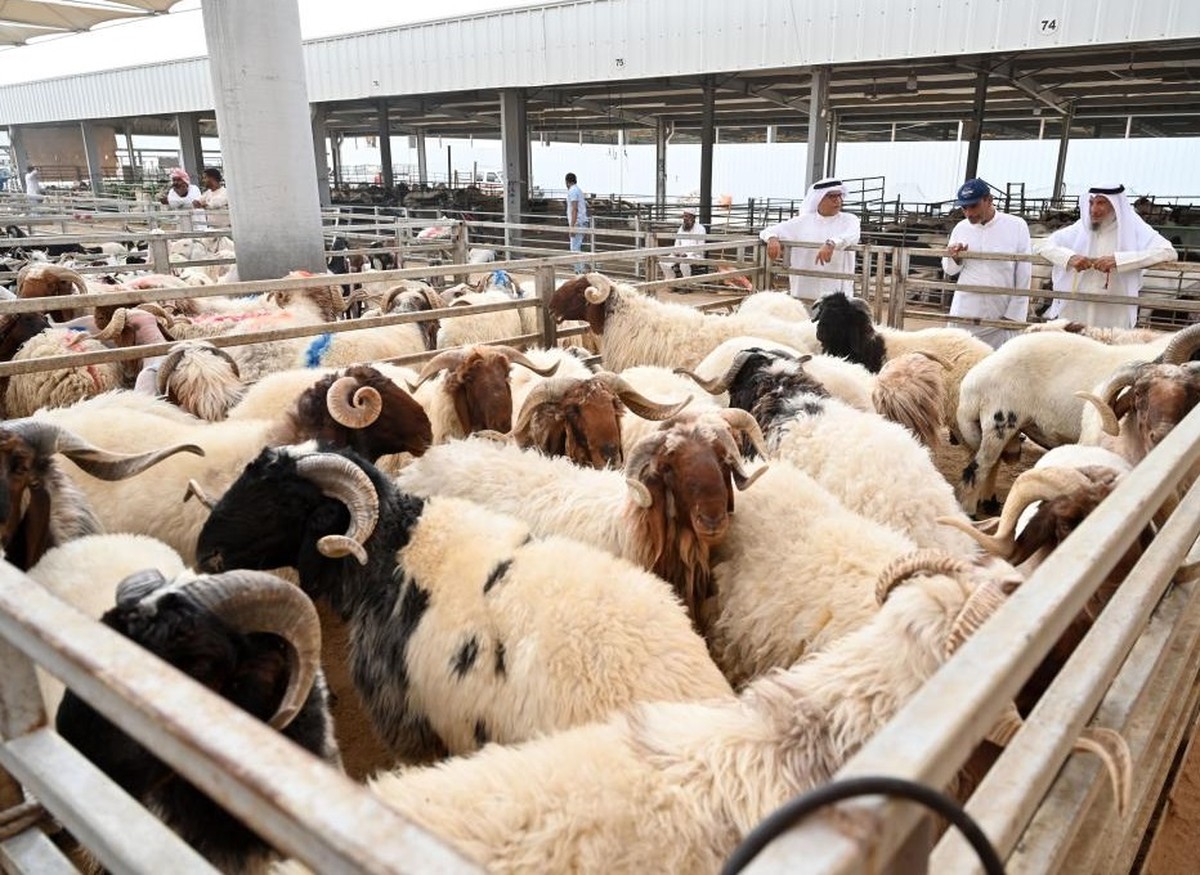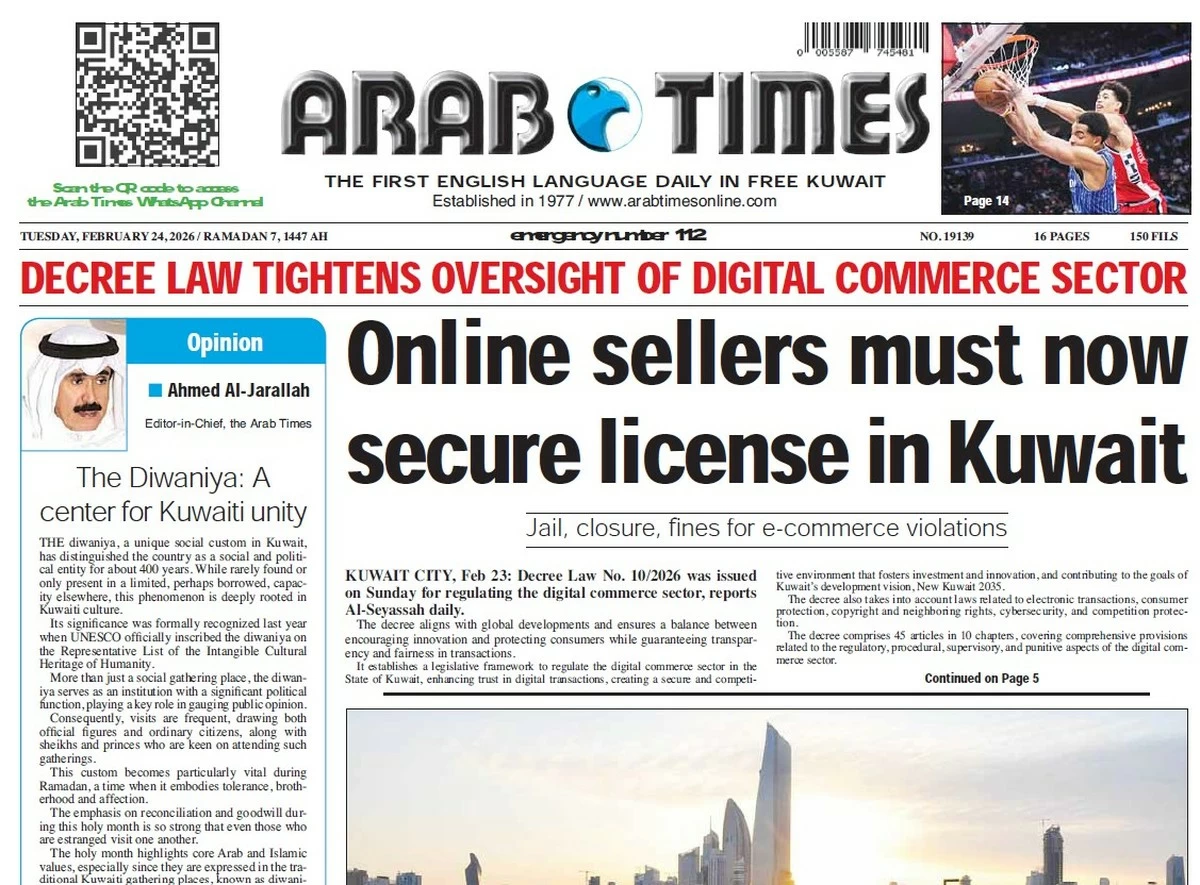04/06/2025
04/06/2025

Another citizen, who identified himself as Butarki, disclosed that he makes it a point to buy his sacrificial sheep from the Kabad livestock market every year. He observed that prices this year are noticeably lower than last year, which he attributed to what he described as a general lack of interest from citizens in purchasing sheep this season.
Bu Faisal, a livestock farm owner, affirmed that the price of local sheep tends to fluctuate based on the cost of animal feed. He said this year’s price decline is largely due to the abundance of various types of sheep currently available in the local market. He cited another factor -- the noticeable reluctance of charitable organizations and committees to purchase sacrificial animals for donation this year, which has led to an oversupply. He explained that prices are also influenced by seasonal dynamics, such as many citizens choosing to travel abroad during the Eid holiday; thereby, reducing local demand. He added that pricing can vary depending on the market’s location, with some areas commanding higher prices than others. He echoed concerns over online sales, saying that the prevalence of online sheep sellers has played a major role in pushing prices down this season. He stressed that fluctuations in feed prices and labor costs remain critical factors that influence the cost of local sheep in particular.
With Eid al-Adha approaching, the Kabad sheep market is witnessing a slowdown and decline in prices compared to last year. The staff of the newspaper toured the market, where both traders and citizens expressed expectations that prices may rise slightly as the Day of Arafat nears. Still, the overall sentiment remains one of stagnation, with many pointing to the surge in online sheep sales as a major contributor to the current downturn. Bilal Al-Din, a trader specializing in Saudi sheep, said prices currently range from KD166 to KD175 with weights between 28 and 35 kilograms. He pointed out that prices are roughly KD10 lower than they were two months ago. Sheep seller Mizan Rahman stated that he exclusively sells Iraqi sheep for KD110.
He revealed that local sheep are priced between KD170 and KD175, Syrian sheep between KD140 and KD145, and Iranian sheep from KD95 to KD100. Similarly, trader Mubarak Al-Ali disclosed that he deals only in Iranian sheep, priced at KD95 to KD100; indicating that most of his customers are Iranians and other expatriates who often choose more affordable options compared to the higher-priced local or other Arab breeds. Sheep seller Abdul Hamid Hussein corroborated this view, saying local sheep are sold for between KD160 and KD170, with Saudi sheep only slightly cheaper. He added that prices are expected to rise automatically on the Day of Arafat due to increased demand, revealing that the weights at his store range from 25 to 30 kilograms.
Al-Seyassah/Arab Times Staff


